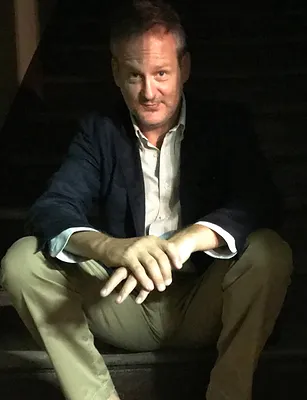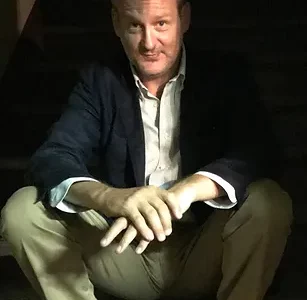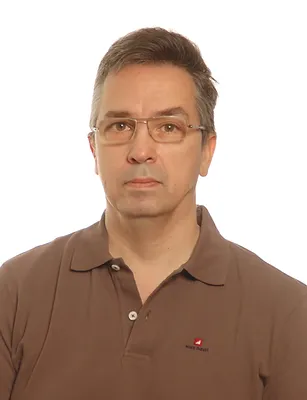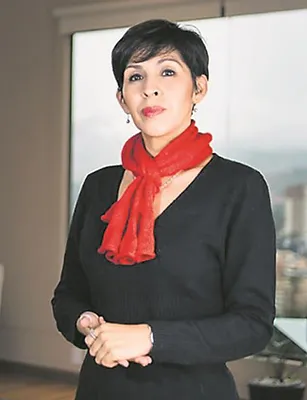MICHELE MASNERI
HOW TO BUILD A NEW MODEL OF SUSTAINABLE COMMUNICATION?

Guys, don’t be journalists. Become publishers instead.
As a young man growing up in the province of Northern Italy, I dreamed of working in a newspaper. I then became a journalist, but it was the newspapers that disappeared. As a student I moved to Rome. The few times I was able to travel by train first class, one of the things I liked the most was the trolley with the free newspapers. Over time I have seen the trains modernize and that trolley of newspapers, formerly a fairy place to me, now a recipient of radioactive commodities. Nobody took them. Today trains travel at 300 kilometers per hour, but the trolley no longer exists.
That trolley represents well the environment of Italian periodical press. On the one hand, newspapers in Italy have fewer and fewer readers, and more and more senior citizens. On the other hand, the dramatic drop in copies is not balanced by the increase in digital copies.
From 2014 to 2021, newspaper readers on an average day decreased by 40.81 per cent: from 19 million and 351 thousand a day to 11 million and 453 thousand: they make almost 7.9 million fewer readers. A bleak figure to which we must add the fact that, in the same period, readers under the age of 34 have more than halved, now just a fifth of the total.
On the other hand, in 2022 there was a 9 percent growth in digital subscriptions, but these are not enough to stem the losses of the major companies in the sector. Rumors say that La Repubblica, one of the two grand historical Italian newspapers, and one of the hardest hit by the crisis, is about to be sold for the sum of 50 million euros. A ridiculously low figure but which reflects the collapse in sales (now 131,000 copies compared to 800,000 a decade ago). Other new outlets do better but unfortunately are very polarized newspapers that tend to spread fake news. Sad.
The world of Italian newspapers is now almost exclusively virtual. Meaning: on television, editors of the major newspapers are hosted 27/7 and consulted on the major current issues. The same as twenty years ago. The difference is that no one buys them, anymore. Young people prefer to read the news on Instagram or rather have it told by “creators” who succeed – lucky them! – in building vertical brands, and sell books, podcasts, documentaries.
“Old style” journalists, on the opposite, are growinlgy fired. The scenario for freelancers is particularly severe. It is a mysterious world because no one has an interest in divulging these figures, but in Italy, even prestigious newspapers offer from a minimum of 20 to a maximum of 300 euros per article. As a result, as in a vicious circle, newspapers are written worse and worse, because many journalists decide to quit, and only those who do it as a hobby remain. Therefore, being a journalist is becoming like doing yoga or designing jewels. Furthermore, these collaborators are the only ones who will buy newspapers, to show their work to relatives and friends or on their social media (creating a perfect circular economy).
Obviously, as journalist, or as enthusiast of the sector, one cannot but mourn the good old days, when a reporter could become rich, or the nice car that would come as a fringe benefit. But even collaborators will be able to regret the good old days when you could earn up to 3,000 euros per article. But these are times that will never come again.
So, instead of crying, if it is impossible to become a journalist, then why not become a publisher? Maybe it’s easier. I am writing this as a paradox, as a provocation. A young journalist today who wants to enter this sector could probably buy a new newspaper, with family money or with a bank loan, than to get hired by an existing one. From this point of view, it is now easier than ever for young people to enter the media sector. Either by founding new organizations or, above all, by buying and revamping old ones. In fact, in Italy old and failed magazines, which no one wants anymore, abound. Names such as L’Espresso (just sold by the Repubblica group), L’Europeo, a glorious periodical, Pagina99, an innovative newspaper, all have ceased the publication. The market is full of opportunities, of end-of-season sales.
Operative costs? Let’s cut them to zero. A physical location is no longer required. You don’t need the old smoky meeting room, Whatsapp is enough. Finally, it will not be necessary to pay collaborators much. Indeed, not at all. Those who resist, either have rich families or are moved by mysterious motivations. Before long, you’ll arrive at a business model where the contributor pays to write. Of course, even this new generation of publishers will certainly not get rich, but they will be able to enjoy advantages it entails: being invited on television, promoting their books, speaking at festivals and conferences, taking free holidays. And maybe even get a small salary. This currently appears to be one of the few sustainable models for the publishing business in Italy.



